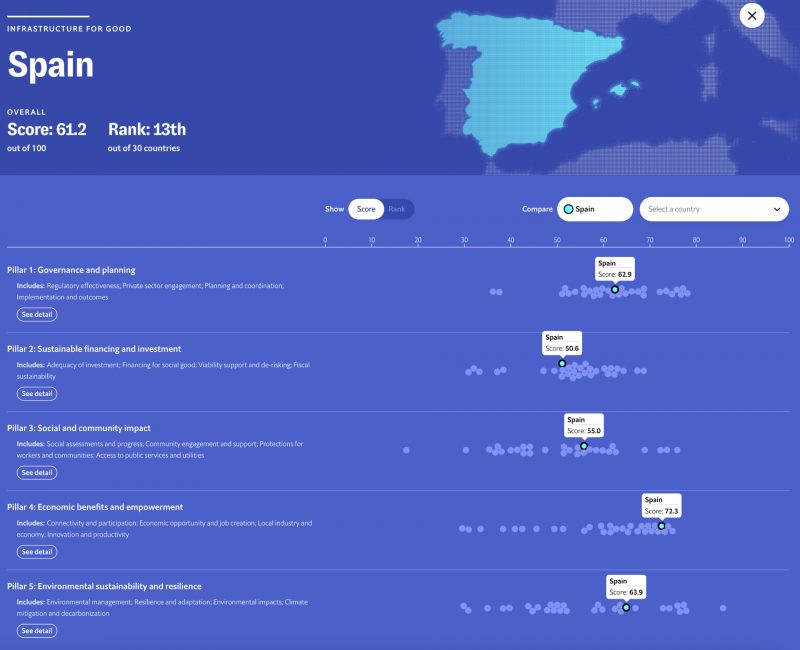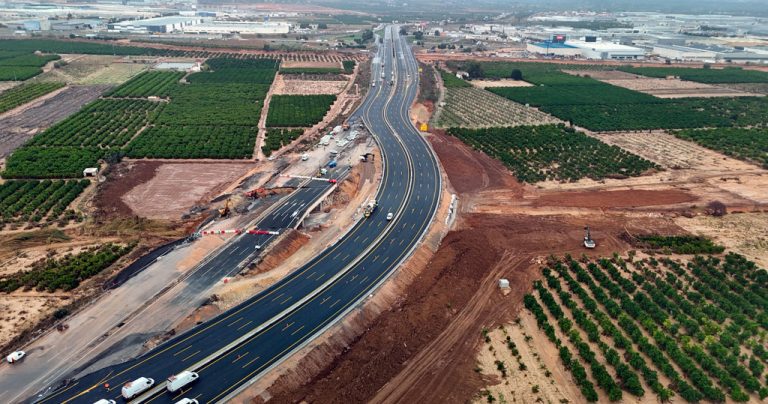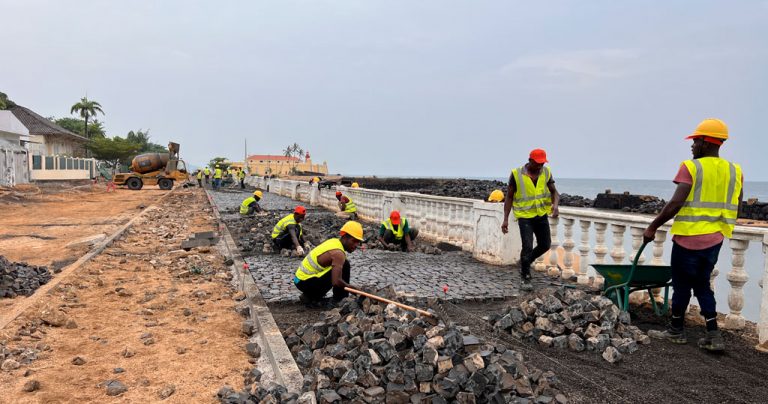The construction and management of infrastructure must be aimed at satisfying the needs of the population, since it is justified by the benefits it brings to the well-being of citizens. In this context, the Infrastructure for Good initiative was launched on June 20, together with the publication of the results of a worldwide comparative study on the benefits that infrastructure brings to well-being and the factors that help these benefits to materialise. The initiative is promoted by The Economist Impact, a company of The Economist Group, and supported by consulting firm Deloitte and Duke University (USA).
José Cordovilla, TYPSA’s Director of Infrastructure Advisory, was part of the independent panel of experts who, in December 2022, reviewed and validated the methodology used in the comparative study. The panel included a dozen experts from academia, investment banking, sustainability consulting firms, government agencies and business consulting firms. TYPSA was the only company from the engineering and construction sector represented on the panel.
Infrastructure for Good goes beyond the concept of planning, designing and executing infrastructure that is efficient, sustainable and of high quality, and emphasises the critical role of infrastructure in addressing, in a clear and traceable way, the key economic, social and environmental gaps of our time.
The initiative, unique to date, looks in detail at how infrastructure acts as a force for social progress, improving the lives of individuals, communities, future generations and the environment. It analyses how well-designed, executed and managed infrastructure generates outcomes such as social impact, equality of opportunity, sustainability, resilience and prosperity. To do so, it focuses on five groups of factors across different countries:
- The regulatory framework for effective infrastructure planning, prioritisation and management;
- Responsible and transparent public procurement and the sustainability of public finances;
- Connectivity, inclusiveness, productivity and contribution to economic development;
- Social participation, impacts on communities and people’s health and safety.
- Environmental protection, building resilient societies and climate change mitigation.
Infrastructure for Good is an online platform that publishes the results of the comparative study (the “barometer”), the detailed methodology and complementary material such as interviews and podcasts. The first edition of the study presents the ratings of thirty countries, including Spain, covering five sectors: transport, energy, water and waste, digital infrastructure and social infrastructure, such as schools and hospitals. The results of the barometer are intended to serve as a public resource to evaluate the performance of the different countries’ policies in these areas.






